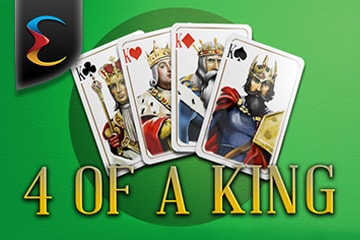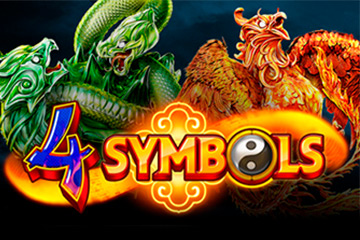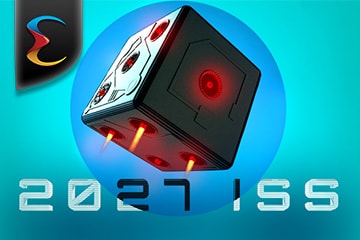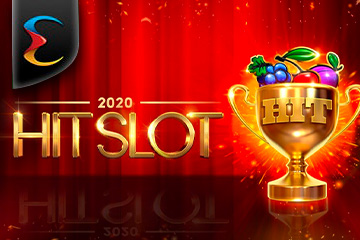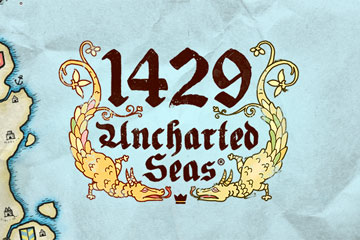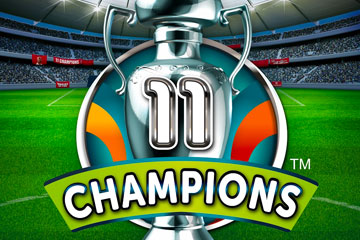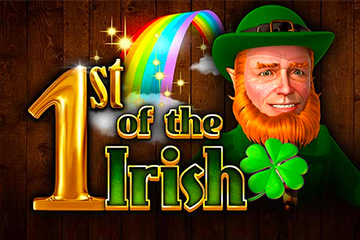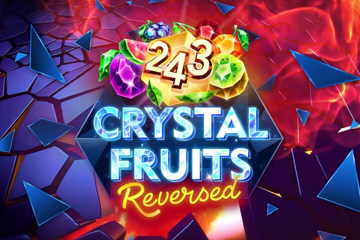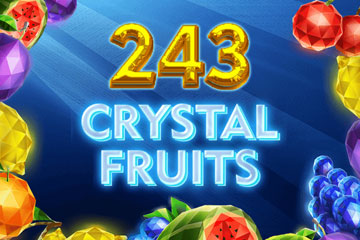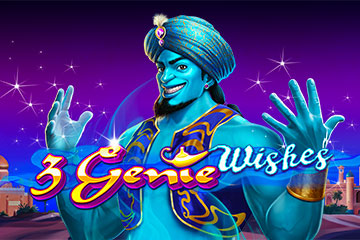Bingo and lotteries are popular entertainment in Europe and the United States. Fans of these games organize clubs and tournaments. Online bingo and lottery games have become extremely popular in recent decades. Let us take a look at the rules of these games and the history behind these leisure activities.
Bingo
Bingo is a game in which numbers are randomly selected and players must fill in the corresponding numbers on their cards. The first player to complete the card according to the rules of the draw wins. To signify his winnings, he usually shouts "Bingo!"
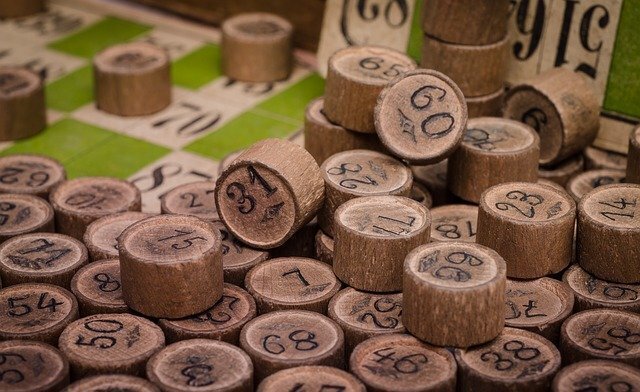
We can say that the bingo game is one of the lotto varieties. Bingo (loto) can be played both in a company "without interest" and for money. There is a developed bingo industry in the USA, England, Australia and some other countries, where hundreds of people are going to play bingo for money. Various television lotteries based on bingo rules have become popular in Eastern Europe. Also, anyone can play bingo on Internet.
In Europe and North America, bingo is considered a game for older people, mainly women, although the number of men and young people in bingo has been on the rise recently. This is a social game that involves communication between the participants. In Eastern Europe, loto, as a form of bingo, was mainly a family and children's game.
History
The progenitor of modern bingo is the Italian game Lo Giuoco del Lotto D'Italia, the first mention of which dates back to 1530, and in fact this game dates back to the custom of electing members of the Great Council of Genoa at the beginning of the 16th century by drawing balls with numbers. Then the game spreads in other countries and by the 19th century it was known throughout Europe, as well as in Russia.
Bingo itself in the modern version is associated with the American Edwin Lowe. During the Great Depression, his toy company went bankrupt, and he was looking for a new occupation. At one of the fairs, a group of gambling Italians caught his attention. The players were given cards, on which they marked the dropped numbers with the help of beans. The winner shouted: "Bean go!" - this exclamation gave the name to the game. Edwin slightly modified the rules of the game, began selling play sets and organized the game in New York. Lowe commissioned mathematics professor Karl Leffler to design bingo cards. He created 6,000 unique bingo cards; a popular but unconfirmed myth claims he went insane as a result.
Game Rules
Before the game, each participant receives a certain number of cards, each of which has its own unique set of numbers printed on it. These cards can be disposable - then the player will need a felt-tip pen or pen to mark the dropped numbers, or reusable - then the numbers are marked with special tokens. If the game is for money, then the players buy each card at a certain price. A lottery drum and a set of balls with numbers are usually used for drawing. The presenter pulls out the balls one by one and loudly announces the drawn number, which the players look for in their cards and mark if they find it.
The goal of the players is to fill in a certain figure or all available numbers on the card. As soon as someone succeeds, he or she shouts “Bingo!”, the game is stopped, and the card is checked. If everything is filled in correctly, then the winner receives a prize.
Online Bingo
Bingo lovers can always find the game on the Internet. There are several hundred online bingo halls in the world, in which up to a thousand players gather at any moment of the day or night. The participant can play for real money (in this case, a bank card or electronic wallet will be required to transfer funds), or for free. Players have access to bingo for 90 balls, 75 balls, as well as other varieties - for example, bingo for 80 balls. You can play from one to hundreds of cards, and the computer can help fill them out. Usually it is possible to chat with other players. Also, there is usually a representative of the bingo hall in the chat, who can conduct various additional games with cash prizes.
Lotteries
A lottery is an organized gambling game in which the distribution of benefits and losses depends on the random selection of a number (or lot), which is usually indicated on the lottery ticket. Part of the money contributed by the players goes to the organizers of the lottery, part is paid to the state in the form of taxes.
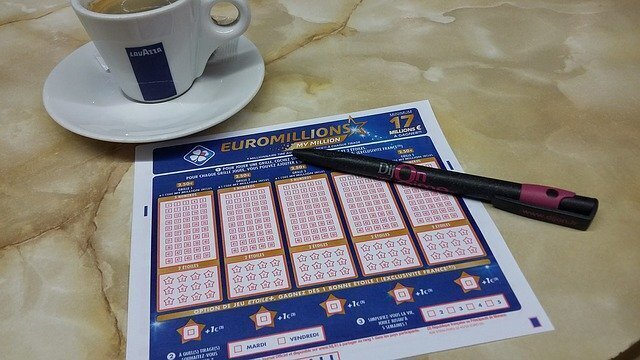
History
Between the 15th and 17th centuries, lottery draws became widespread throughout Europe. The first mention of a lottery in European countries is associated with a draw organized by the widow of the Flemish painter Jan Van Eyck, timed to coincide with the 25th anniversary of his death. The lottery was held in the city of Bruges, present-day Belgium, and dates to February 24, 1466. Anyone who bought a lottery ticket could take part in the lottery and receive a monetary reward. The proceeds were used to support poor citizens. After 1466, various lotteries were held in Belgium, thanks to which chapels, water canals and port facilities were built.
From 1520 to 1532, King Francis I of France issued a decree to hold lottery draws to improve the position of the state treasury. In several cities in France: Paris, Lyon, Strasbourg, Bordeaux and Lille, lottery wheels were installed, from which citizens pulled tickets.
In Italy, one of the first sensational lotteries is "De Lotto de Firenze", organized in 1530 in Florence. It was one of the first lotteries that raffled cash prizes, thanks to which it was marked by unprecedented success and very quickly spread to other cities of the country, and since 1863, regular national lotteries began to be held on the territory of modern Italy.
After the end of World War II, the lottery industry in European countries is rapidly recovering and developing successfully. Thanks to intensive economic growth, centuries-old lottery traditions and a high density of administrative division, by the mid-1980s, Europe, along with the United States, was the richest region in terms of the number and variety of all kinds of lotteries, such as KENO, Bingo, instant lottery and, of course, the classic number lottery , which is the most popular and demanded.
Modern Lotteries
In Europe, the largest numerical lotteries in terms of popularity rating and jackpot sizes are:
- EuroMillions
- SuperEnalotto
- El gordo
- La Primitiva
- U.K. National Lottery
- Austria Lotto 6/45
- Reland Lotto
- France Loto
- Belgium Lotto
- Sweden Viking Lotto
- Eurojackpot
Particular attention should be paid to the EuroMillions lottery, which in all respects is the undisputed leader among European lotteries and is second only to the period of its existence. The history of the EuroMillions lottery is originally associated with the introduction of the single European currency, the euro.
The basic project of creating a lottery appeared in 1994 and its key idea was to synchronize its launch with the transition of the EU countries to a common European currency.
Online Lotteries
It is impossible to ignore the fact that with the advent of new Internet technologies and modern telecommunication networks that allow remote sale of lottery tickets not limited by distance and time, this is the birth of a new generation of lotteries in the history of business as a whole.
SlotV Casino official website 🚀
More than 3000 slots and regular offers for all players. Register and get your first bonus!
In the mid-1990s, a new concept appeared – the online lottery. Official lottery operators, taking into account that the number of Internet users is growing at a huge progression and that people are impressed by the idea of playing online, are implementing new opportunities, and many online lottery sites appear on the network, providing the opportunity to buy lottery tickets over the Internet. In addition, with the emergence of national Internet lottery sites that provide the sale of lottery tickets to residents of their countries, the first international Internet agencies appear that allow online play in the largest lotteries in the world, regardless of the location and residence of the player.
It is obvious that the Internet has played an irreplaceable role in the history of the lottery, which, thanks to its technological capabilities, actually gained a second birth and received a colossal resource for its popularization, and with access to foreign markets and the globalization of the industry.
